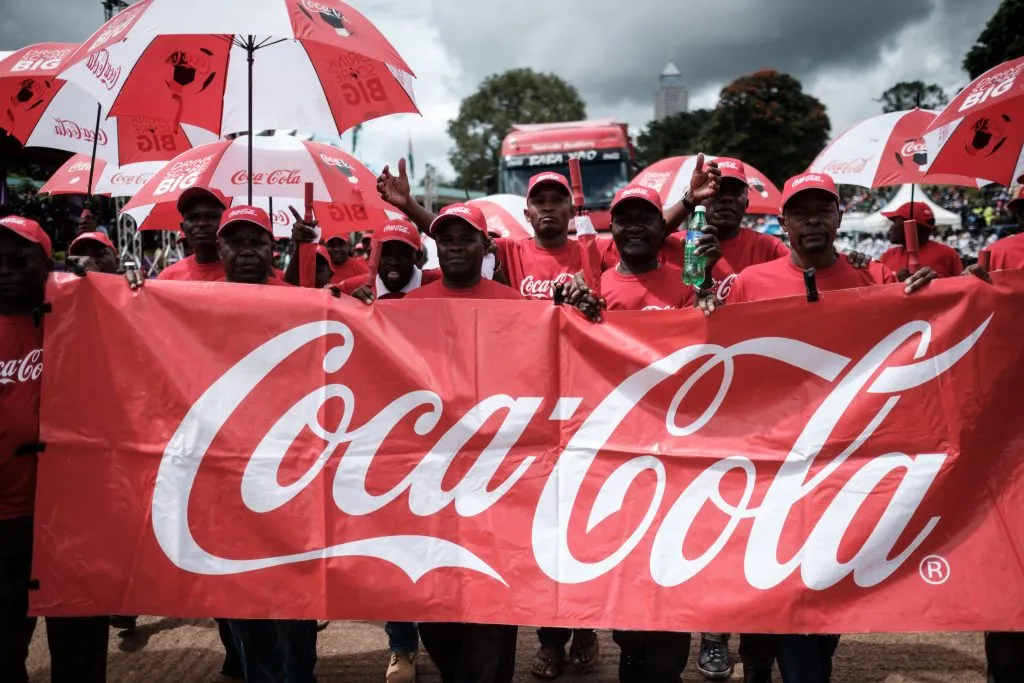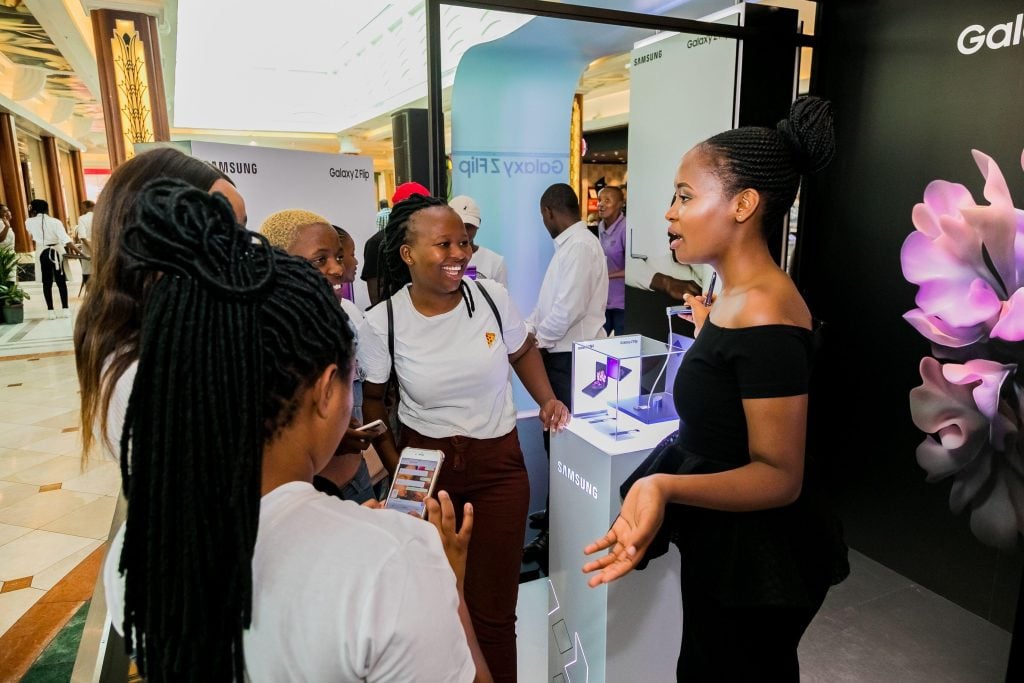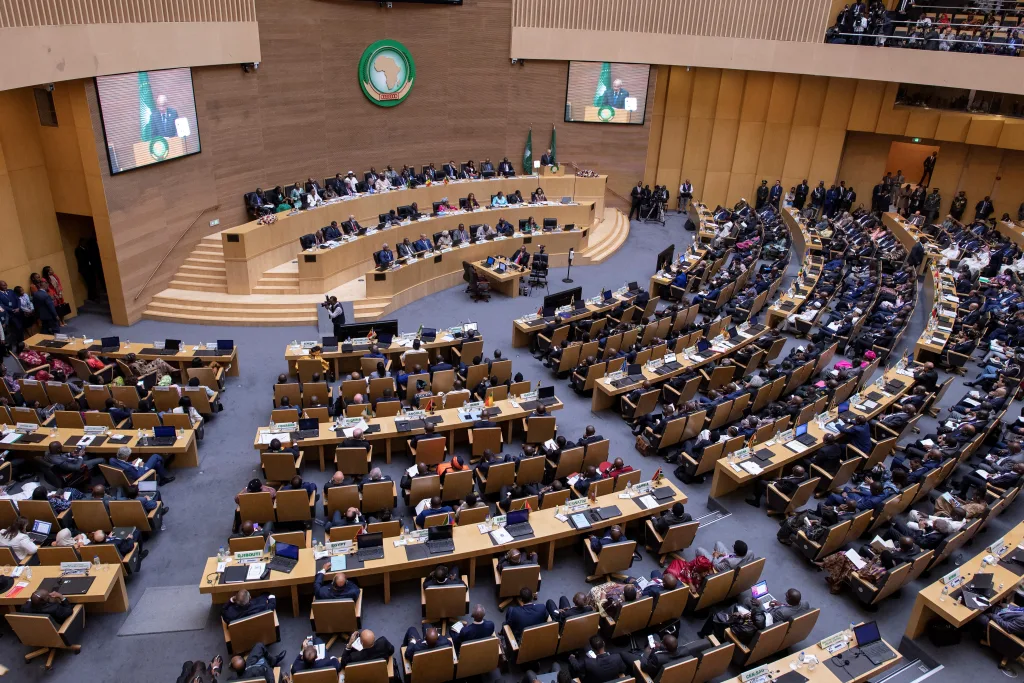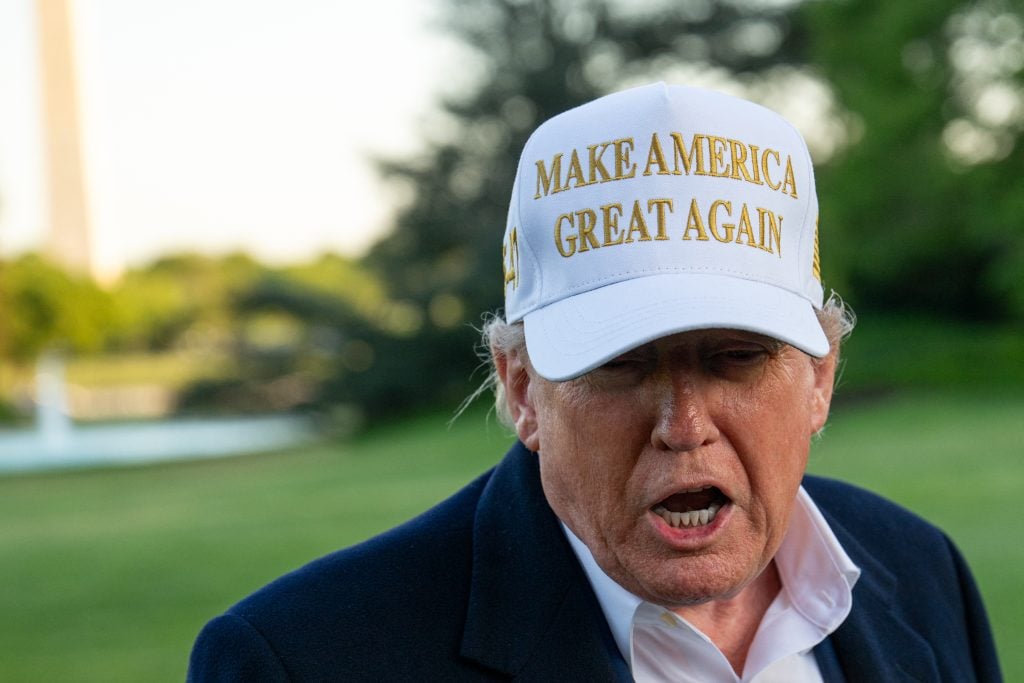
African brands have retained a 14% share of the Top 100 of the Brand Africa 100: Africa’s Best Brands. Europe retained a 37% share of the Top 100 spots, with Adidas at #2. North America’s share declined 12.5 percentage points to 28%, led by Nike, the #1 brand for the seventh consecutive year.
Asia rose to capture 21%, largely through China’s dominance of the electronics and computer market and challenger mobile brands – and online retailer Alibaba returned to the Top 100 rankings at #73 as its mercurial founder Jack Ma returned to the spotlight. Samsung, the headline South Korean brand, retains its #3 spot for the fifth consecutive year.
The rankings are dominated by electronics (18%), luxury goods (11%), auto manufacturers (10%), sports & fitness and technology (7%). The non-cyclical consumer category declined to 14%, making way for change in the Top 100 brands across other categories.
The United States (28), China (11), United Kingdom (9), France (6), Germany (6) and Italy (5) are leading the non-African brand domination.
Meanwhile in Africa, South Africa (5%, led by phone company MTN at #11) and Nigeria (5%, led by Dangote at #28) continue to lead the continent. Zimbabwe with Econet (#57), Zamibia with Trade Kings (#30), Tanzania with Azam (#51) and Ethiopia round off the 14 brands, with the continent’s leading #1 airline, Ethiopian, at #43.
A case of mistaken identity?
In the ranking of the most admired African brands, MTN and Dangote retain their #1 and #2 positions both among the brands most often recalled spontaneously and when prompted. Together with DStv, the brands Ethiopian Airlines, Bathu, Glo, Azam, Shoprite/Checkers and Trade Kings were among the most-recalled both when those surveyed were promoted and spontaneously. Maxhosa was the only brand to be recalled only when prompted.
Demonstrating how entrenched non-African brands are in Africa, many –such as Coca-Cola (#1), Pepsi (#15), Samsung (#7), Lacoste (#25), Total Energies (#13) and Guinness (#20) – are recalled in response to the question “What African brands do you admire?”
US company Coca-Cola made its first foray into Africa through South Africa in 1928, and is now refreshing consumers and communities in all 54 of the continent’s countries. Chinese company Transsion, meanwhile, leads the African mobile market; of its three brands Tecno (#3) was originally built for Africa and is primarily available in Africa; Infinix and iTel (#21) hold 48% of the market share in Africa. Samsung through its Built for Africa initiative invested in growing market share with relevant products. It is easy to understand why African people confuse these for African brands.
In the ranking of the most-admired African brands MTN retains pole position as the #1 brand recalled spontaneously, and when prompted. Among the primary data for most-admired brands we find non-African brands such as Coca-Cola at #1 and Vodafone at #2, having built its equity through acquiring strong regional brands such as Kenya’s Safaricom and South Africa’s Vodacom.
Of the dominant sport brands, in the African Cup of Nations Puma (#10) sponsors Egypt, Ghana, Guinea, Côte d’Ivoire, Morocco and Senegal; Nike (#1) sponsors Nigeria; and Adidas (#2) sponsors Algeria. Nearly 2bn people worldwide are estimated to have watched these football teams in the competition. Non-African brands have secured an enviable place in the hearts of Africans.
South Africa, US and China contribute to a better Africa
South Africa is forecast by the IMF to be the continent’s largest economy with 2024 gross domestic product of $373bn, ahead of Egypt at $348bn and energy-rich Algeria at $267bn. Nigeria is predicted to fall from pole position to fourth at $253bn. The most industrialised nation in Africa, South Africa leads the Top 50 nations ranked by the question “which country contributes to a better Africa?”
This list is dominated by fellow African countries, which account for 69% of the countries that Africans believe inspire a better continent. Europe, by far the largest holder of foreign direct investment (FDI) stock in Africa, is led by the United Kingdom at #14. The US, with 8 of the 50 brands in this list, leads the non-African list. Asia is led by China, the world’s largest investor in Africa in terms of total capital. The Middle East at 4%, led by Dubai at #27, and Oceania, led by Australia at #46, round up the non-African continental contributors to Africa’s brand.
The rankings broadly correlate with the ranking of leading sources of FDI into Africa between 2014 and 2018, which is led by China (16%), the US (8%), France (8%), the UAE (6%) and the United Kingdom (5%), all of which are among the Top 50 most-admired nations that contribute to Africa’s brand.
Brands creating a better society
Nations and business are committed to seek to contribute to a better world by finding a balance between conservation, community, culture and commerce goals, guided by the UN Sustainable Development Goals (SDGs). These aims cover the three dimensions of sustainable development: economic growth, social inclusion and environmental protection. Sustainability has become an important metric, particularly in the developing world.
In the second rankings of the brands that are admired for doing good for society and the environment, Coca-Cola Africa, the #1 brand among non-African brands, in 2022 launched JAMII, the company’s Africa-focused sustainability platform. It is named, the company says, for “a Swahili word that means Community, Society, People”.
Through JAMII, Coca-Cola aims to help improve access to safe water and to protect natural water resources by forming meaningful partnerships between government, the private sector, NGOs, and local communities.
MTN, the #1 African brand, is ranked #1 in the sustainability category for African brands. It has led the sustainability agenda by creating a shared-value organisation that has environmental, social, and governance (ESG) criteria at its core – with sustainability pillars that speak to doing good for people, planet and growth. Meanwhile Dangote, at #2, has an entrenched brand story of an empowered Africa in which everyone has an opportunity to thrive.
Among non-governmental organisations (NGOs), international brands dominate the rankings. Brands have come to acknowledge that sustainability is not only a business imperative, but that brands that prioritise ESG can attract a loyal customer base and access capital from ESG-focused investors, enhancing their market position and financial performance. Ultimately, sustainable actions will help create a better society.

Western media shape the African story
The BBC, which in 2023 made a commitment to get closer to African audiences and increased its investment in journalism in the continent, reclaimed its position as the #1 media brand in the continent, displacing DStv which had occupied the spot for three years. BBC re-launched two of its Africa flagship shows, Dira ya Dunia and Focus on Africa.
The delivery of news in Swahili, the most widely spoken language in Africa with over 200m speakers, brought the BBC closer to African audiences.
Despite DStv’s efforts in investing in local content, reaching audiences through its Showmax streaming business and securing a first-of-its-kind partnership with the English Premier League for mobile subscribers for its over 23m households, it has been under pressure from international video streaming platforms such as Netflix, Disney+, Amazon Prime Video, and BritBox. Its subscriber base dropped by 14% in 2023 as it battled to defend its dominance.
However, DStv – a platform for channels, through which the BBC and many others access African consumers – retains, at #41, its position as the only media brand in the top 100 most-admired brands in Africa. DStv and East Africa’s Nation Media Group are the only African brands in a Top 10 list dominated by non-African media brands, particularly those from North America, among which are a mix of traditional and new media players including CNN, Netflix and YouTube.
Traditional television channels are leading the pack in terms of popularity. This could be attributed to the fact that many African nations have had or will have their elections in 2023/2024. Traditional television channels offer wide coverage of the elections news and Africans perceive them to be credible and trustworthy sources of information.
Overall, the category is evolving rapidly, requiring significant investment and innovation. With Netflix, Canal+ and Multichoice’s Showmax in heated competition, it is clear where the wave of innovation for entertainment is headed.
At the same time, DStv’s parent company, Multichoice, is being pursued by France’s Canal+, ranked #7, which seeks to consolidate its pan-African footprint by acquiring its anglophone competitor.
With more than 400 channels, 4000 hours per year of content and programmes, as well as local channels in vernacular languages; any acquisition will not only shake the industry but will result in a loss of the most formidable African media player to European ownership. Ultimately, it will reinforce the trend of non-African media being the primary channel for the continent’s brands and consumers, and shaping the African narrative.
Traditional banking remains the main interface in Africa.
Kenya’s Equity Bank, recently ranked the second-strongest banking brand globally by Brand Finance, has displaced the continent’s largest bank by assets, Standard Bank, as the #1 most-admired financial services brand in Africa. This follows a successful repositioning and identity change in 2019, and expansion across East Africa.
The Top 25 in the financial services category are dominated by traditional banks (17 of 25) from the 3 biggest sub-Saharan Africa banking markets: South Africa (6 of 25), Nigeria (5/25) and Kenya (3/25). Mobile and digital payment solutions are rising up the ranks, such as Visa (#8), Orange Money (#25), Safaricom’s M-Pesa (#15) – and China’s OPay (#19) which has entered Nigeria, Kenya, Tanzania, and several other African countries.
Traditional banks, which enjoy a direct relationship with customers, remain the most trusted. The sector is affected by high inflation and interest rates, rising debt levels and the depreciation of many African currencies. But the banks that have moved up the ranks in this year’s Top 25 list of the most-admired financial services brands are those that are driving digitisation of services away from the legacy branch tradition, into electronic devices – even though electronic payments still account for less than 10% of all transactions in Africa.
New entrant OPay was recently recognised at the World Economic Forum for its impact on financial inclusion through digital and mobile banking in Nigeria.
With a high proportion of Africa’s population remaining unbanked across the continent, mobile money and fintech solutions such as OPay and M-Pesa allow for financial inclusion without customers ever having to visit a bank branch.
This will continue to inspire growth in the sector. While neobanks such as TymeBank, Umba, FairMoney and Carbon are challenging traditional banks, these digital banks are yet to be mainstreamed in the continent.
When will Africa lead?
Real gross domestic product (GDP) growth for the continent is expected to reach 3.7% in 2024 and 4.3% in 2025, according to the African Development Bank (AfDB).
The continent is of course rich in natural resources. It is the world’s largest free-trade area and a market of 1.4bn people.
Its youthful population offers an entrepreneurial dividend. All these factors mean that there is no reason Africa should not grow its share of indigenous brands.
What is required is the urgency to open the borders and the skies, and to create an enabling environment for African enterprises and brands to thrive.
Looking at geopolitical changes with a strong pivot towards truly African independence, it’s only a matter of time before the continent sees the emergence of homegrown brands that appeal to customers across the continent’s many countries and regions.






Recent Comments